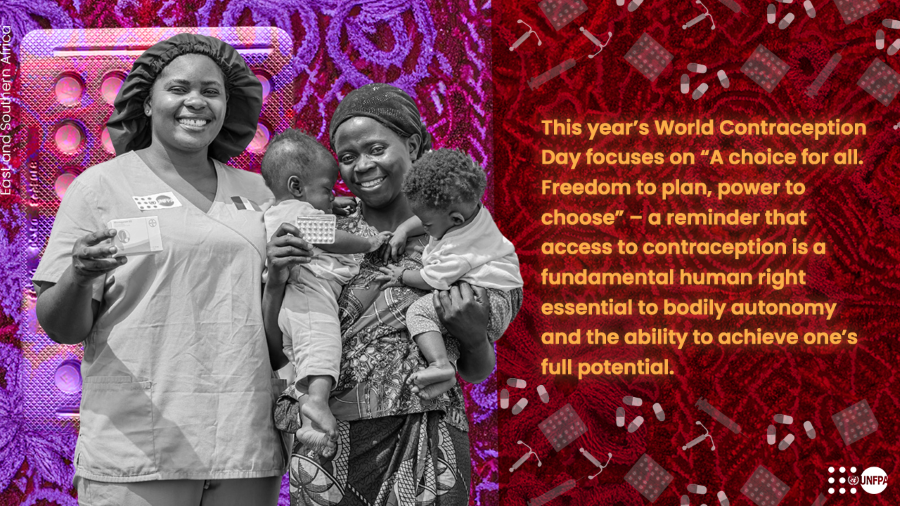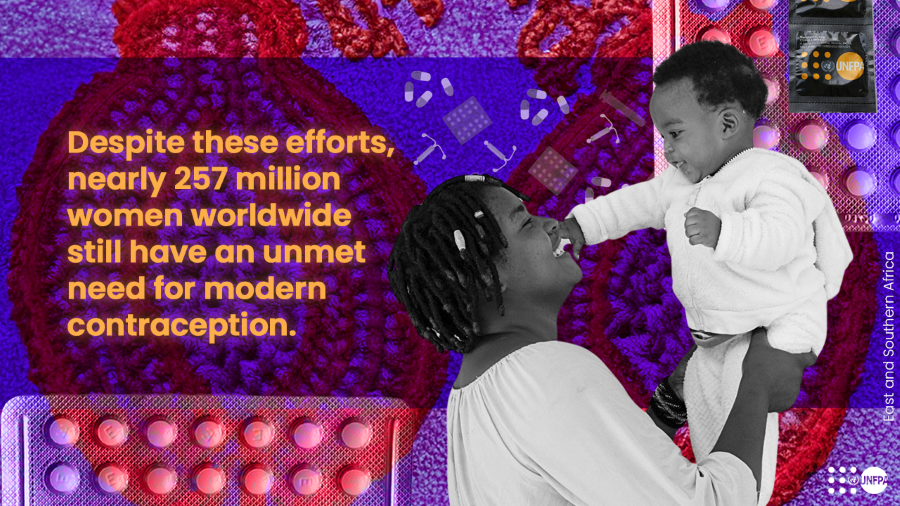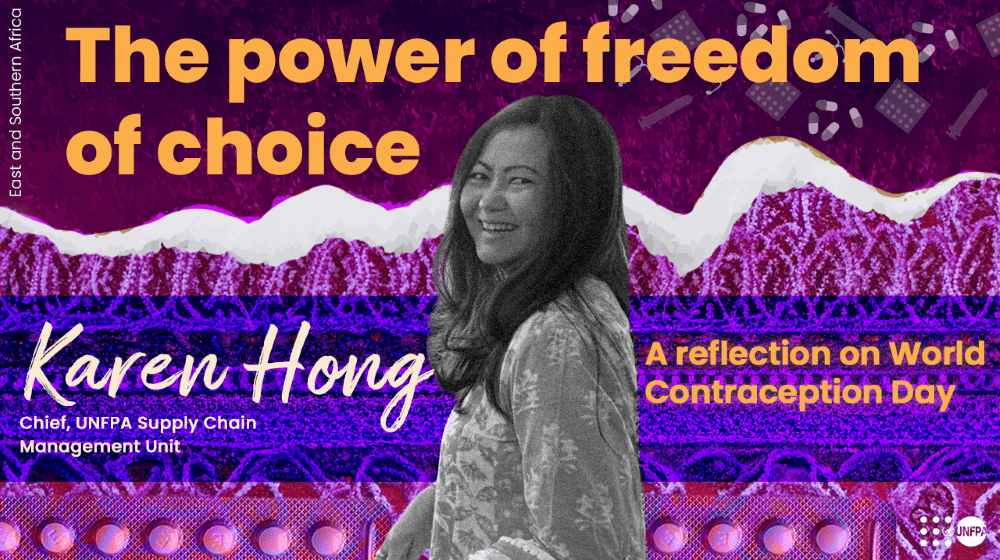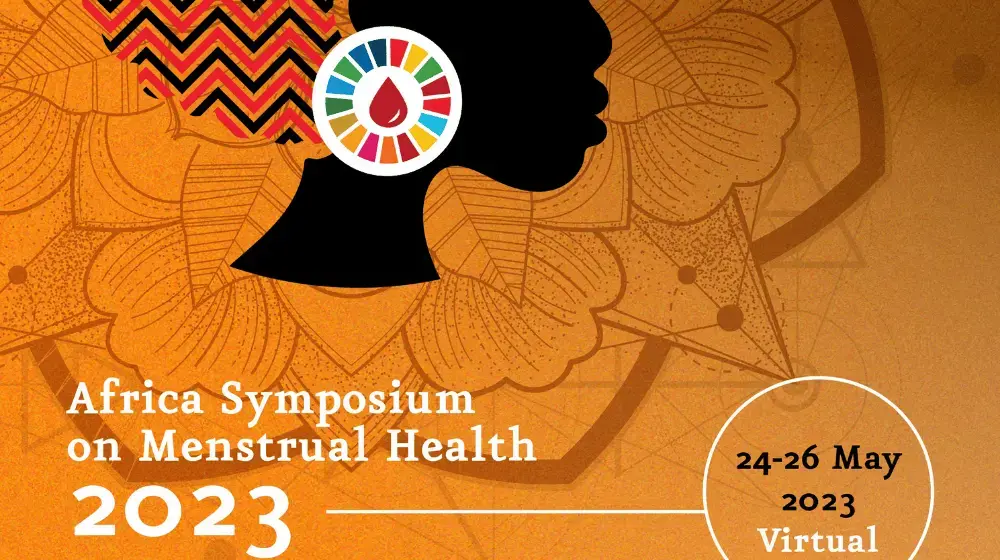A reflection on World Contraception Day
By Karen Hong, Chief, UNFPA Supply Chain Management Unit
In a rural village in East Africa, Grace was married at 17 and became a mother of two by the age of 19 with a bleak future ahead of her. Her story is one of the many, where access to contraception is more of a distant hope rather than a guaranteed right.

Yet, around the world, escalating inequality worsened by conflicts and climate change makes accessing contraceptives even more beyond reach.
At the core of UNFPA’s mission are the three transformative pillars that are reshaping the development landscape–ending the unmet need for family planning, ending preventable maternal deaths, and ending gender-based violence. These goals are inextricably linked to ensuring access to safe and effective contraceptives. Our work is critical, especially in times of shrinking funding and growing humanitarian needs. It is in this challenging landscape that the UNFPA Supply Chain Management Unit (SCMU) plays a role.
Our work focuses on creating a responsive, resilient, and ready supply chain that can meet the urgent reproductive health needs across the world. By evolving into a holistic, end-to-end supply chain function,we are ensuring that supplies reach those who need them most, across the humanitarian, development, and peace nexus.

This gap not only threatens their health but also disables them to make informed choices about their lives. We cannot allow this situation to persist. As UNFPA Executive Director Natalia Kanem said,
“These preventable tragedies occur because health-care systems routinely fail women and girls, reflecting deep-seated gender discrimination. It is time to prioritize providing women and girls with the resources they need to protect their reproductive health, even amid crises and displacement.”
The global funding gap for contraceptives is projected to reach at least $1.5 billion by 2030. This shortfall could have serious repercussions, particularly for women in low- and middle-income countries. UNFPA, guided by strategic leadership and a commitment to efficiency, is working tirelessly to address these challenges. By reducing costs, improving efficiency, and fostering stronger collaboration, we can better meet the urgent reproductive health needs worldwide and ensure that supplies reach the most vulnerable.
However, this is not a task that UNFPA can accomplish alone. We are seeing a future where it requires new levels of action, innovation, and collaboration across the entire sexual and reproductive health ecosystem. We must be agile, accountable, and committed to finding new solutions to the complex challenges we face.
Moreover, investing in contraception is not only a moral imperative but also a good economic decision. Every dollar invested in ending preventable maternal deaths and meeting the unmet need for family planning can yield significant economic benefits, contributing to healthier, more equitable societies. Case in point, from 1990 to 2021, the number of women using modern contraception doubled, and births among girls aged 15 to 19 years fell by a third–representing transformed and secured futures.
Indeed, we are on track in ensuring that every woman and girl, like Grace, has the choice, freedom and power to make her own decisions. To make this a reality, we need to collaborate more so we can close the funding gap, strengthen our supply chains, and ensure that every shipment, every partnership, and every decision contributes to a world where reproductive health is a reality for all. When there is choice for all — communities will prosper, and the world will move closer to a place where more than 8 billion people can live in peace, good health and prosperity.




